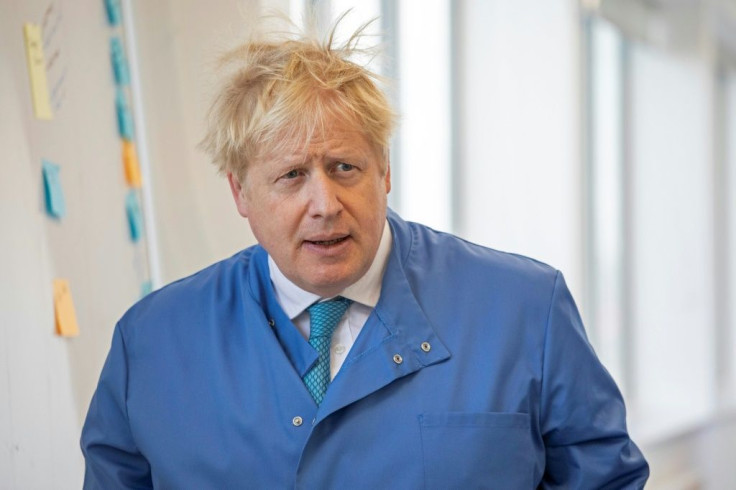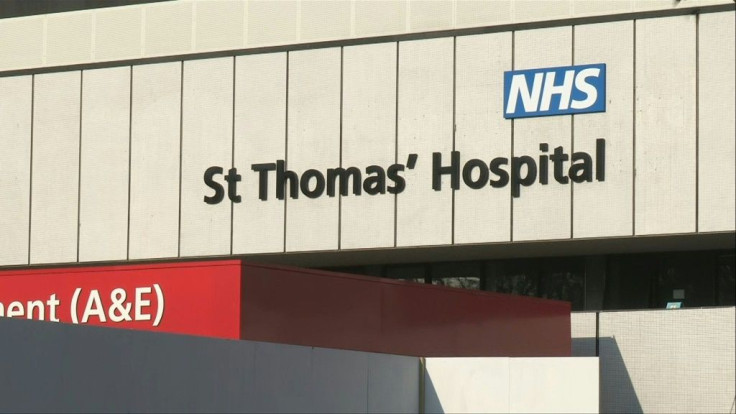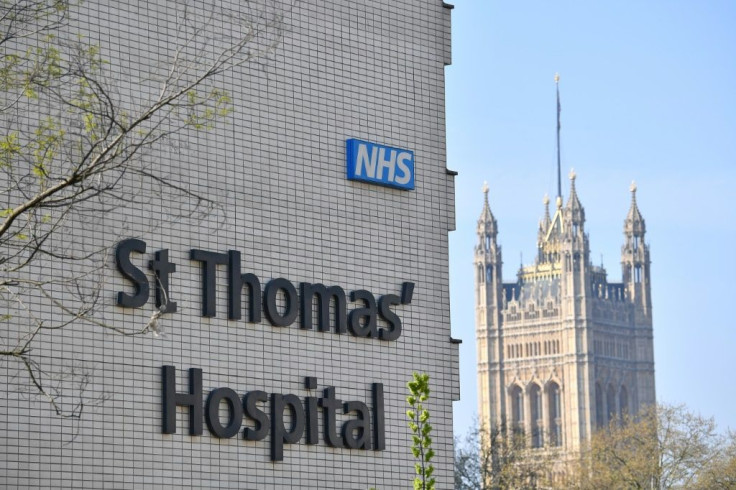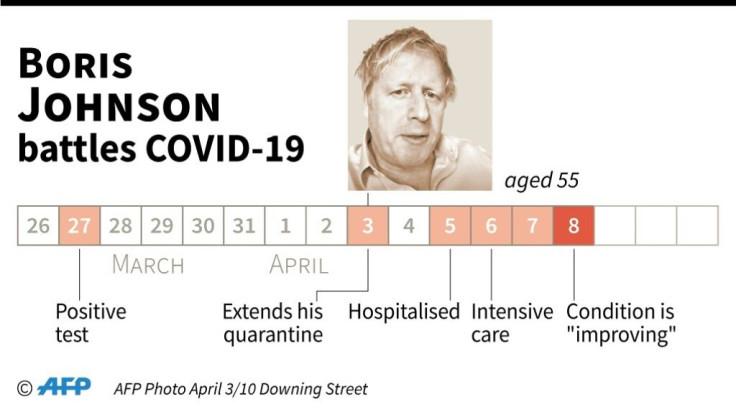Boris Johnson Walking In Hospital As UK Sees Record Death Toll

Prime Minister Boris Johnson was able to walk in hospital on Friday some 24 hours after leaving intensive care treatment for COVID-19, as Britain recorded nearly 1,000 daily deaths from the virus for the first time.
"The Prime Minister has been able to do short walks, between periods of rest, as part of the care he is receiving to aid his recovery," a Downing Street spokesman said.
"His thoughts are with those affected by this terrible disease," he added.
Johnson left intensive care at London's St Thomas' Hospital on Thursday evening, three days after being admitted due to his then-worsening condition.
News of the 55-year-old's improvement contrasted with the sobering release of the latest official statistics, showing Britain's COVID-19 death toll grew by 980 in the latest 24-hour period, its highest yet.
It brings the total number of fatalities from coronavirus in UK hospitals to nearly 9,000, while the number of confirmed cases in the country climbed close to 74,000.
That is thought to reflect only a fraction of the actual number of people infected because not everyone has been tested for the virus.

"We never forget that behind this number, behind each one is a name, a loss and a family that will never be the same again," Health Secretary Matt Hancock said of the grim death toll at a daily briefing.
"We all share a responsibility to tackle this virus, first and foremost by staying at home," he added, as Britain was set to bask in high temperatures over the Easter weekend.

However, fears are growing about the indirect impact of the unprecedented nationwide lockdown introduced on March 23 to try to stop COVID-19's spread.
Chief Medical Officer Chris Whitty has reportedly stressed in the government's daily coronavirus response meetings that an economic downturn will have a broad impact on people's health and finances.
There could be less taxpayer funds for the state-run National Health Service (NHS), and people may not be able to access regular treatments or vaccinations. Increased risk of domestic violence and depression was also cited.
However, the government has insisted the stringent social distancing measures that have brought the economy to a near-standstill are essential to avoid the NHS becoming overburdened.

It has also stressed there were signs the lockdown could be starting to have a positive impact, though ministers have cautioned it was too soon to say when it may be lifted.
"We don't have enough information yet to be able to make any changes to the social distancing arrangements," Hancock said.
Foreign Secretary Dominic Raab, who has been deputising for Johnson, led the daily meeting of senior ministers Friday ahead of a formal review of the lockdown next week.
Implemented for an initial three weeks, the measures are likely to remain in place until at least the end of the month.
Johnson is the most high-profile world leader to suffer from the coronavirus.
He was hospitalised Sunday over concerns he still had a cough and high temperature after spending 10 days in self-isolation in a flat above his Downing Street office.
While in intensive care the Conservative leader received "standard oxygen treatment" and did not require a ventilator.
But his transfer there Monday, unprecedented for a prime minister during a national emergency in modern times, rattled Britain and sent shockwaves around the world.
US President Donald Trump called Johnson's release from intensive care "a very positive development".
"He was waving his thanks to all the nurses and doctors that he saw as he was being moved from the intensive care unit back to the ward."
His father Stanley Johnson said Saturday he must now "rest up", after last week trying to keep working during his self-isolation.
"He has to take time," the elder Johnson told BBC radio.
"I cannot believe you can walk away from this and get straight back to Downing Street and pick up the reins without a period of readjustment."
© Copyright AFP 2024. All rights reserved.




















